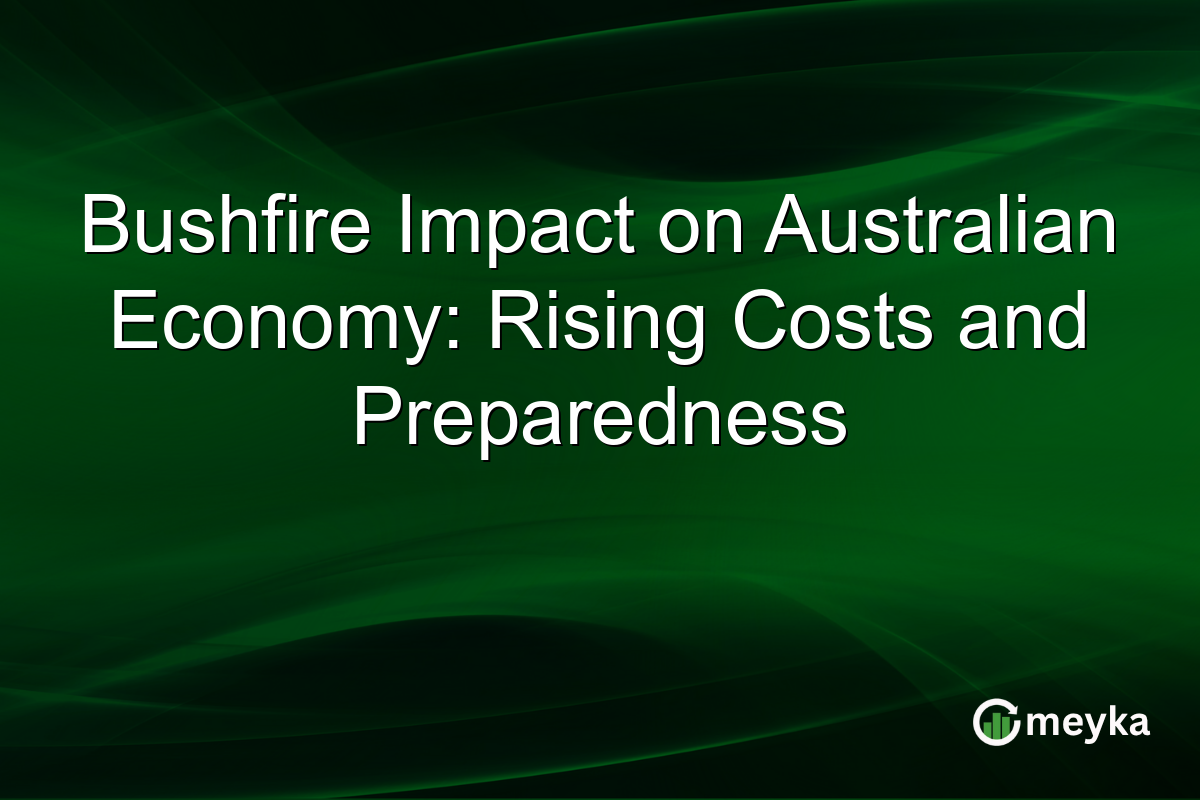Bushfire Impact on Australian Economy: Rising Costs and Preparedness
Bushfires in Australia are becoming an increasingly pressing concern, not just for their environmental impact but also for their significant economic repercussions. Recent data highlights a 300% increase in searches related to bushfires, underscoring public awareness and urgency. The focus keyword, “bushfire economic impact,” points to the growing financial strain these natural disasters impose. As costs associated with fire management and damage repair escalate, the broader Australian economy feels the pressure, urging better preparedness strategies to mitigate these effects.
Continue Reading on Meyka
This article is available in full on our main platform. Get access to complete analysis, stock insights, and more.
Read Full Article →





